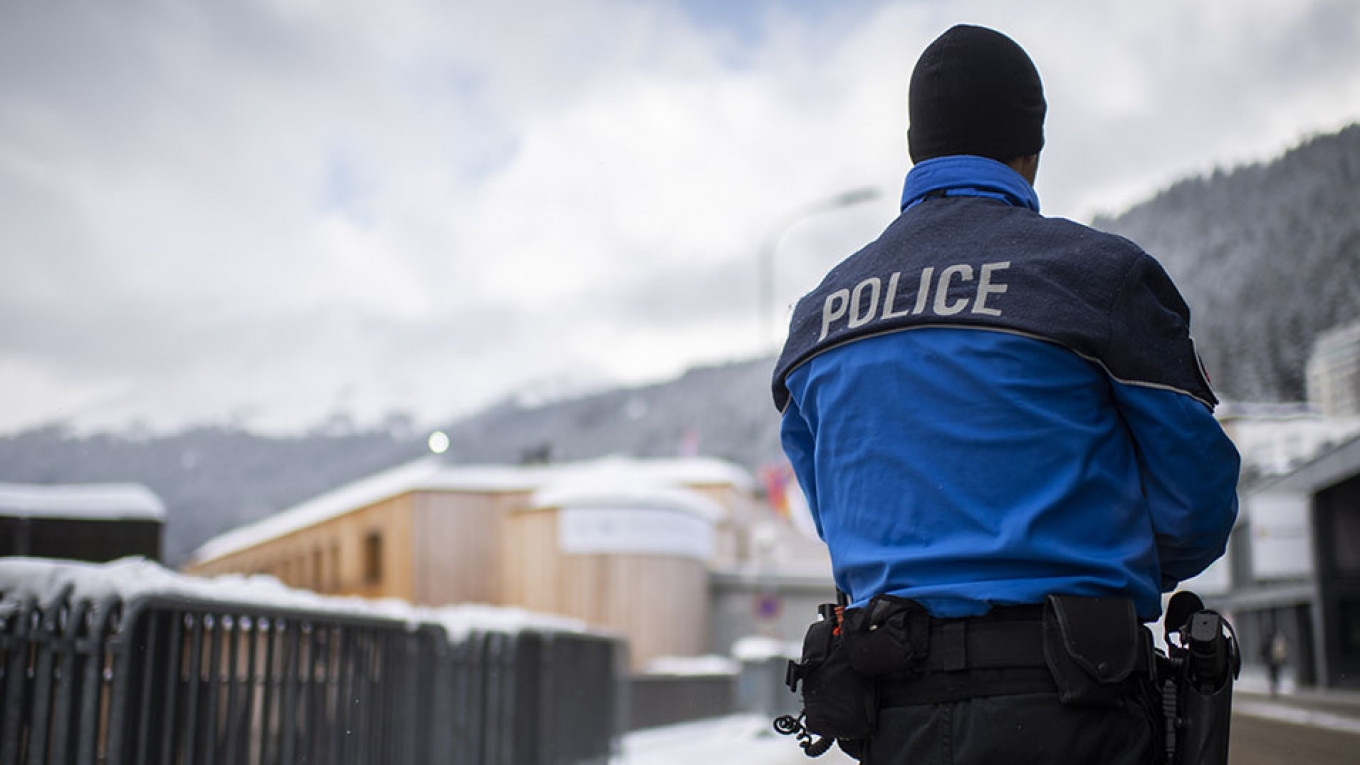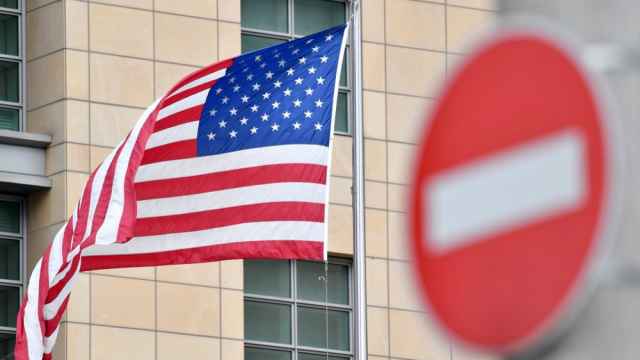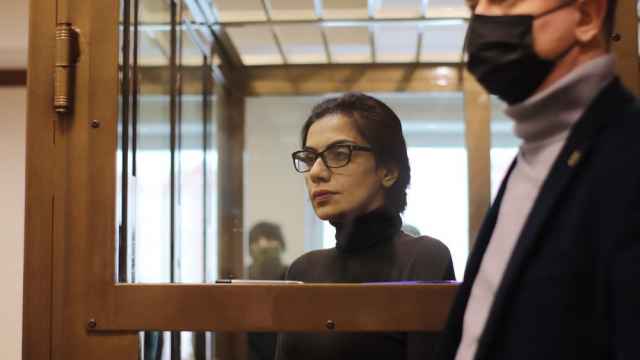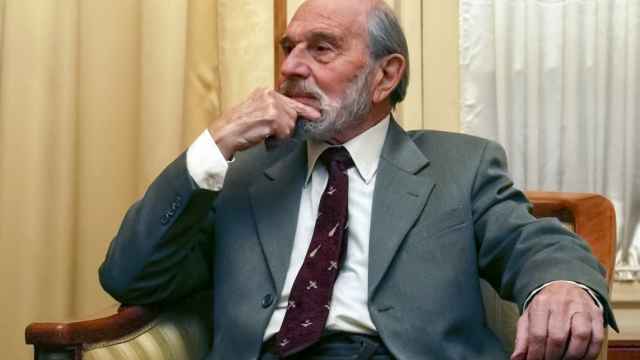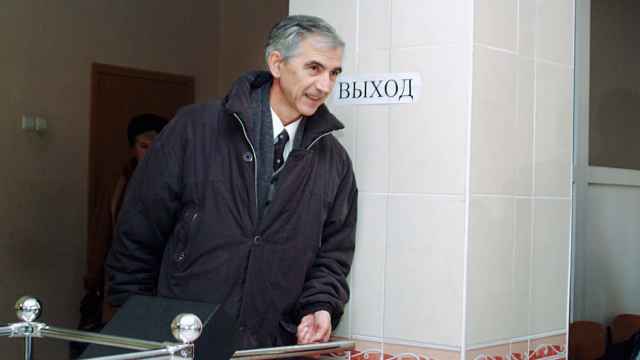Two Russians who identified themselves as plumbers despite carrying diplomatic passports were checked in Switzerland on suspicion of espionage ahead of this week’s World Economic Forum (WEF), the Tagez Anzeiger newspaper reported Monday.
Held annually in the Swiss ski resort of Davos, the WEF gathers world leaders such as U.S. President Donald Trump and German Chancellor Angela Merkel with thousands of figures in business, NGOs, academia and more.
The two unnamed men were taken in for a routine identity check in August 2019 after authorities learned that they were both staying in the country for the same three-week period, Tagez Anzeiger reported, citing the police spokeswoman in the canton of Graubünden where Davos is located.
It was “obvious” that the two men had their sights on the WEF and the high-profile figures who attend the forum, Tagez Anzeiger cited unnamed sources familiar with the case as saying. They could have been working to establish a long-term audio surveillance or hacking program, the sources said.
While both men carried Russian diplomatic passports, they identified themselves as plumbers, Tagez Anzeiger reported. Neither of the men were accredited as diplomats in Switzerland, the police said, and as a result were unable to claim diplomatic immunity after being detained.
The Russians claimed immunity, however, and Russian state representatives threatened diplomatic consequences if the men were arrested. Ultimately, police released the men and allowed them to leave the country with no subsequent entry bans.
“There were no indications of criminal acts during the check," the Graubünden cantonal police spokeswoman told the newspaper. She later told Reuters that police had never identified the men as plumbers, contradicting the account in Tagez Anzeiger's report.
The Russian Embassy in Bern’s press secretary denied the espionage claims, telling Tagez Anzeiger that the men had been in Davos to help prepare for an event hosted by the state-run Roscongress Foundation during the WEF.
“There are people outside of the Russian Foreign Ministry who are given diplomatic passports,” the embassy was quoted as saying.
U.S.-British investor Bill Browder, who has led a campaign to expose corruption and punish Russian officials he blames for the death of his lawyer, Sergei Magnitsky, who died in a Moscow prison in 2009 after complaining of mistreatment, said the alleged incident showed the reach of the Russian state.
“The Russians are actively targeting all of their enemies in all different countries — they have huge resources and Davos is an important place, and this is the one place I can come and personally challenge Russian officials over the murder of Sergei Magnitsky,” Browder told Reuters Today in Davos on Tuesday.
Russian prosecutors have said they suspect Browder of ordering a string of murders, including of Magnitsky, in a twist the financier has dismissed as ludicrous.
Russian President Vladimir Putin will not attend this year’s Jan. 21-24 forum — acting Economic Development Minister Maxim Oreshkin will represent Russia at the event instead.
Reuters contributed reporting to this article.
A Message from The Moscow Times:
Dear readers,
We are facing unprecedented challenges. Russia's Prosecutor General's Office has designated The Moscow Times as an "undesirable" organization, criminalizing our work and putting our staff at risk of prosecution. This follows our earlier unjust labeling as a "foreign agent."
These actions are direct attempts to silence independent journalism in Russia. The authorities claim our work "discredits the decisions of the Russian leadership." We see things differently: we strive to provide accurate, unbiased reporting on Russia.
We, the journalists of The Moscow Times, refuse to be silenced. But to continue our work, we need your help.
Your support, no matter how small, makes a world of difference. If you can, please support us monthly starting from just $2. It's quick to set up, and every contribution makes a significant impact.
By supporting The Moscow Times, you're defending open, independent journalism in the face of repression. Thank you for standing with us.
Remind me later.


